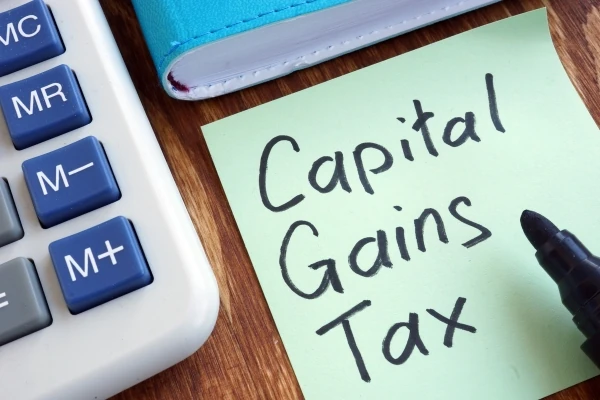What is Capital Gains Tax?
Capital gains tax (CGT) is a tax you pay on the profit you make when you sell or dispose of an asset that has increased in value. It’s the gain you’re taxed on not the total amount you receive.
In the UK, CGT commonly applies to assets like property (that isn’t your main home), shares, investments, and valuable personal items. Different rates apply depending on whether you’re a basic or higher-rate taxpayer and the type of asset you’re selling.
Understanding how capital gains tax works, when it applies, and what allowances and reliefs you can claim is key to managing your tax bill and making the most of your profits.
Getting Started with Capital Gains Tax
Before you sell or give away an asset, it’s important to understand how capital gains tax might apply. Knowing what counts as a chargeable gain, how to calculate your profit, and when to report and pay CGT can help you avoid unexpected tax bills.
Make sure you know your annual CGT allowance and check if any reliefs like Private Residence Relief or Business Asset Disposal Relief can reduce what you owe. Keeping clear records of what you paid for an asset and any costs of buying, selling or improving it will make working out your gain much easier.
If you’re unsure, getting expert advice can help you plan ahead and keep more of your hard-earned profits.











